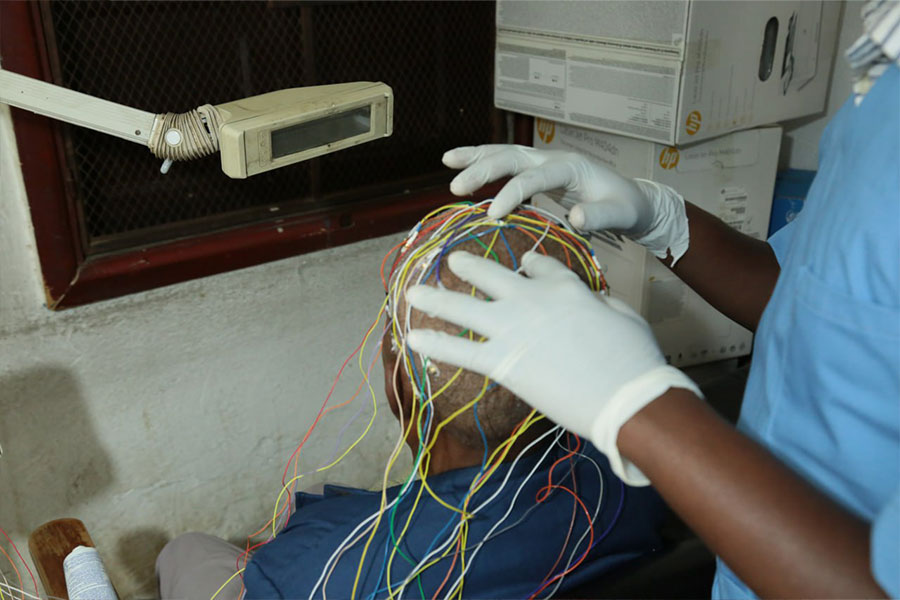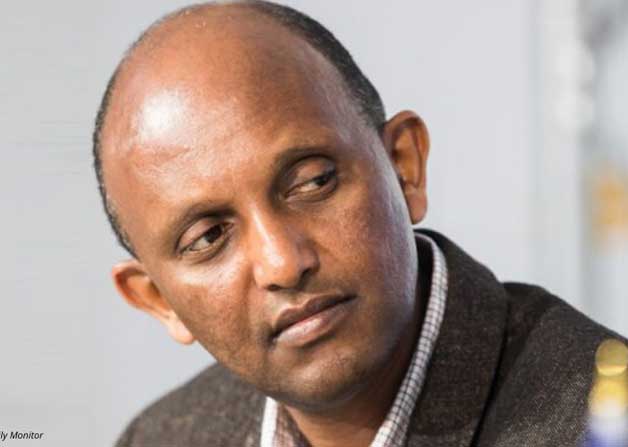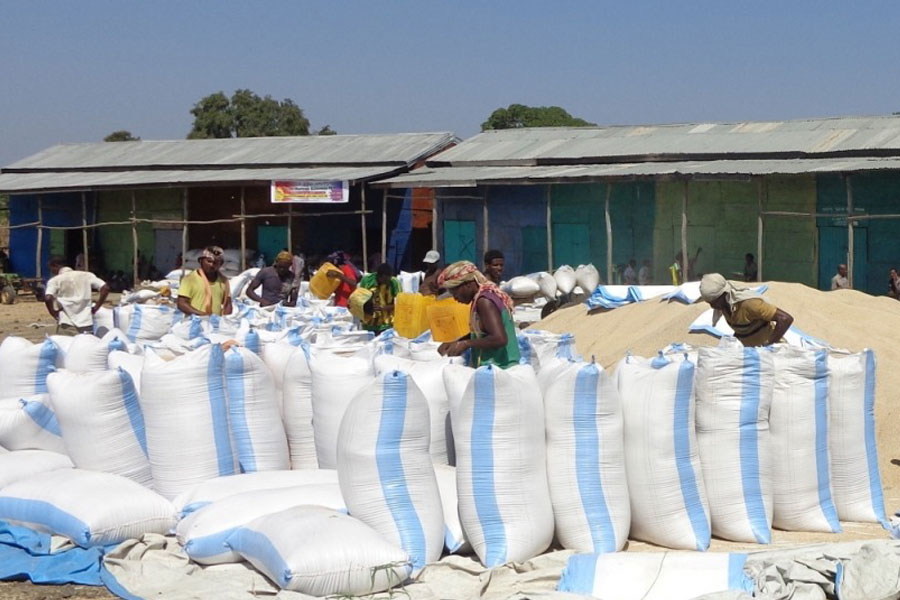
Dec 31 , 2022
By
Shortly after Prime Minister Abiy Ahmed took office, political and economic policy reforms started to roll out. Strategies have been developed to appear as policies, plans, and programs that promise to improve economic and political prospects.
Along with implementing the national monetary and financial reform program, a 10-year plan for economic development was designed to prioritize infrastructure development in potential areas and corridors. The government also envisioned availing land and finance for small and medium enterprises to enhance efficiency and competition.
It developed a strategy to alter the long-standing unemployment case that has been hanging long, affecting the economy and political stability. Policymakers launched a steering committee for investment and job creation in August 2019, aiming to create millions of jobs and appeal to foreign direct investment.
Unfortunately, the momentum of the transformation has inevitably faced challenges making it uneasy for the government. The reforms have been disrupted by several issues, including persistent factional clashes, lawlessness, localized instabilities, and, much more gravely, the armed conflict in the north. These challenges have continued to affect the lives of many and jeopardize the economy.
Two years since the start of the war, a watershed moment in the long and arduous road to peace seems to have spearheaded the country to a much better future. The carnage from the war, the sufferings inflicted, and the destructions caused in a short time have been too horrendous to contemplate. The war could have been avoided but has remained regrettable, where thousands live in anguish, leaving the country in despair. Hoping for the peace accord to last, maintaining it should be unquestionable. A guarantee of stability is the least any government can do.
Rebuilding and rehabilitating the war-affected areas, especially in the Tigray Regional State, should be stated first in the agenda. It is crucial to allow civilians to return to everyday life by restoring necessities. Lobbyists that play significant roles in spreading fake news and agitating communities should be subject to stringent oversight. Avoiding hate speech is a way forward, as it hurts the process.
Even though restoring law and order is a work in progress, bringing wrongdoers to justice requires rigorous effort. Yet, failure to maintain peace and order discourages local and foreign investment. The progress of the emerging industrial sector that was beginning to capture the attention of many has undoubtedly been marred due to the civil war. It needs to get the necessary attention, and the government should go the extra mile to revamp the industry during this post-war period. Perhaps, a more profound task may be to heal the political environment that embraces an all-inclusive discourse on the constitution.
To alleviate the economic downturn, it is better to revise the job creation strategy and implementation process vigorously. A new report by the Ministry of Education reveals that only 58pc of university graduates get jobs, pushing the national youth unemployment rate to 23pc. To contain the unemployment rate, working in the agricultural sector could employ over 60pc of the labour force.
The effectiveness of any effort towards developing the national economy and improving the standard of living should better focus on agriculture. Making genuine efforts towards advancing the transformation of the agricultural sector could be enhanced by facilitating the use of modern inputs and technologies.
As the second-most populous African country with a 2.6pc growth rate, the population of Ethiopia is expected to double in almost 30 years. A home for over 100 million people, of which 70pc is youth, would be a waste if unutilized. In the absence of committed institutions and meaningful policy direction devoted to utilizing such a vast workforce comes to the hand of the government. As evidenced by China and India, implementing a strategy that can trigger youth development is critical to achieving sustainable development and growth. However, enhancing the youth without classifications is essential to attain the objectives.
Maintaining peace and security alone cannot help the implementation process. The federal government must press on solidarity countries and international financial institutions for debt cancellation as the country owes more than 27 billion dollars. It should be prudent to mobilize, allocate, and utilize the limited resources by prioritizing programs and projects that significantly improve citizens' lives.
PUBLISHED ON
Dec 31,2022 [ VOL
23 , NO
1183]

Agenda | Oct 28,2023

Viewpoints | Oct 12,2024

Editorial | Mar 05,2022

Commentaries | Nov 12,2022

Editorial | Jun 12,2021

Radar | Jan 23,2021

Agenda | May 13,2023

Viewpoints | Nov 02,2024

Editorial | Sep 04,2021

Fortune News | Oct 30,2022

My Opinion | 132151 Views | Aug 14,2021

My Opinion | 128561 Views | Aug 21,2021

My Opinion | 126482 Views | Sep 10,2021

My Opinion | 124091 Views | Aug 07,2021





Dec 22 , 2024 . By TIZITA SHEWAFERAW
Charged with transforming colossal state-owned enterprises into modern and competitiv...

Aug 18 , 2024 . By AKSAH ITALO
Although predictable Yonas Zerihun's job in the ride-hailing service is not immune to...

Jul 28 , 2024 . By TIZITA SHEWAFERAW
Unhabitual, perhaps too many, Samuel Gebreyohannes, 38, used to occasionally enjoy a couple of beers at breakfast. However, he recently swit...

Jul 13 , 2024 . By AKSAH ITALO
Investors who rely on tractors, trucks, and field vehicles for commuting, transporting commodities, and f...

Jul 12 , 2025
Political leaders and their policy advisors often promise great leaps forward, yet th...

Jul 5 , 2025
Six years ago, Ethiopia was the darling of international liberal commentators. A year...

Jun 28 , 2025
Meseret Damtie, the assertive auditor general, has never been shy about naming names...

Jun 21 , 2025
A well-worn adage says, “Budget is not destiny, but it is direction.” Examining t...

Jul 13 , 2025 . By YITBAREK GETACHEW
The Addis Abeba City Revenue Bureau has introduced a new directive set to reshape how...

Jul 13 , 2025 . By BEZAWIT HULUAGER
Addis Abeba has approved a record 350 billion Br budget for the 2025/26 fiscal year,...

Jul 13 , 2025 . By RUTH BERHANU
The Addis Abeba Revenue Bureau has scrapped a value-added tax (VAT) on unprocessed ve...

Jul 13 , 2025 . By NAHOM AYELE
Federal lawmakers have finally brought closure to a protracted and contentious tax de...